
17 minute read
STEPPING UP, AND STEPPING OUT
From Guildford to Gujarat
The world’s most lucrative franchise cricket tournament, a spectacle of colour watched by a billion eyes. Vikram Solanki sits down with Ollie Westbury to discuss his rise to the top of the Indian Premier League.
when Vikram Solanki stepped down from his role as head coach at Surrey in January 2022, to assemble an IPL team from scratch, winning the tournament for the first time was nothing more than a dream. But when Shubman Gill hooked Obed McCoy into the stands five months later in the IPL final - the journey was complete. Solanki's Gujarat Titans were crowned champions. The 46-year-old is one of a few young English directors of cricket working for franchises around the world - and his success may pave the way for others to follow. As a player, he was known for his high bat lift and his fluent stroke play. The former Worcestershire and Surrey man represented his country more than 50 times in white-ball cricket, as well as scoring 18,359 First-Class runs in 325 games on the county circuit. As a coach, he became assistant to
Michael Di Venuto in 2017, before succeeding him in 2020 and leading Surrey to the final of the Vitality Blast.
This year's tournament was not Solanki's first taste of the IPL. He rubbed shoulders with some of the format's greatest players in Virat Kohli and AB de Villiers while coaching at Royal Challengers Bangalore during the 2019 season.
Yet setting up a team from scratch was a different proposition altogether. As Solanki begins to plan his side's defence of their crown in next year's tournament, he took a moment away from his busy schedule to converse with the PCA about his remarkable journey. What initially attracted you to a senior role at an IPL franchise?
This opportunity came a little bit out of the blue. The chance to be in the IPL - where I have had a taste before as an assistant coach - was very exciting and something I had to consider taking on.
I knew it was going to be a big undertaking but was equally excited about the opportunity. I spoke with people for advice, one of whom was Alec Stewart, who was kind enough to manage my departure from Surrey. I have a lot of gratitude to Surrey, and Alec in particular, for guiding me through that process. Was it a difficult decision for you to leave Surrey at that time?
To be honest, I was happy with where I was at concerning my coaching position at Surrey. I had been in the role for a couple of years having taken over from Michael Di Venuto when the pandemic hit.
We had one reasonable campaign as far as T20 was concerned and got to the final in one year. We had a tough year in County Championship cricket but there were all sorts of reasons for that. I was happy with what was developing at Surrey with the team - and with my role within it.
Head coach, Vikram Solanki, chats with Hashim Amla during his time at Surrey in September 2021

I will forever be grateful for the opportunity they gave me to broaden my coaching experience and to act in that head coach role.
What exactly are the roles and responsibilities of a director of cricket in the IPL?
I am essentially the head of cricket. All the hiring and the planning falls upon me. I take on the role of putting the coaching team together and putting the support staff together. It is a big operation, in comparison to other teams I have been with. We ended up signing 23 players in the auction, the staff are another story. With our coaching, medical, and logistics staff our team is huge.
Getting coaching staff together was a priority to get ready for the auction. That was an interesting time. During the season, it was making sure things were running smoothly. I still like to get involved with coaching; I manage to get my fix in the dugout, at training, going to all the games and being at the team hotel which is enjoyable.
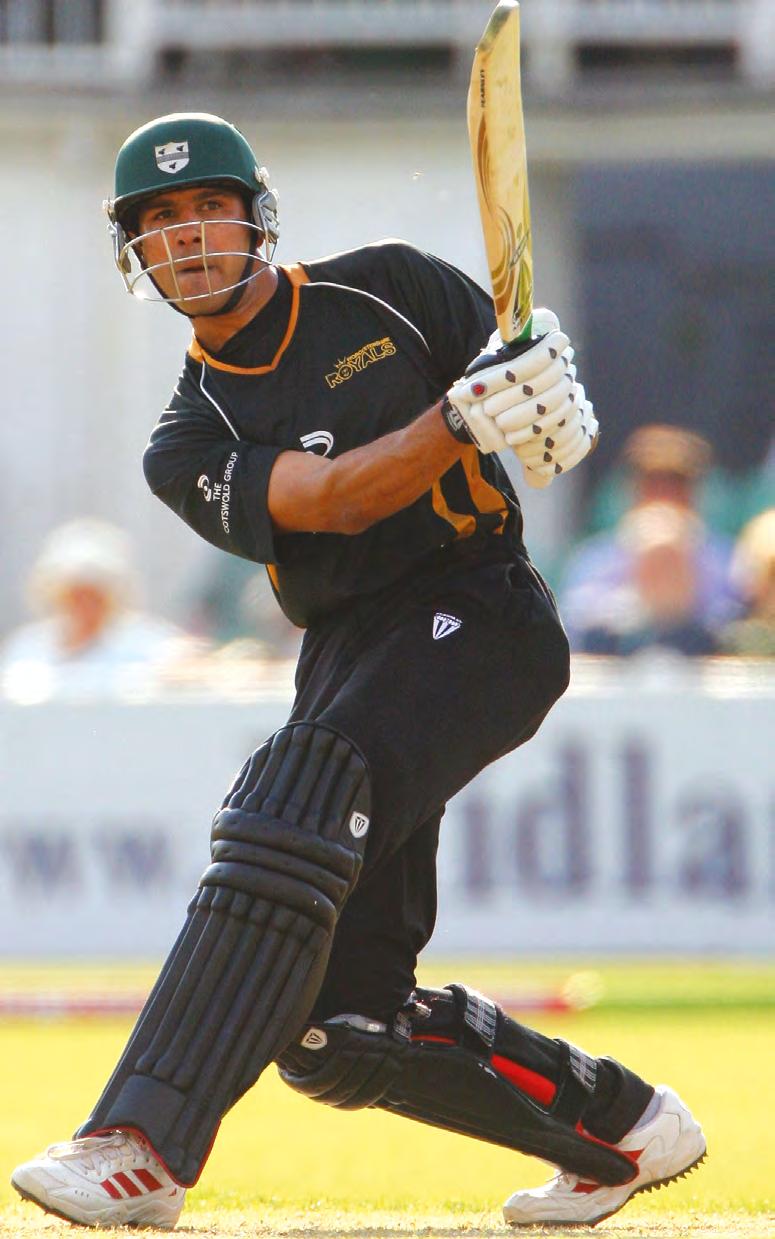
What parts of it did you find the most challenging?
Starting from a blank page was a daunting proposition when you think the IPL is the premier franchise cricket competition in the world.
When you are one of the newcomers, and you are trying to set things up, it is exciting as you have the chance to build something. I was happy with the coaching group that we were able to get together with, Ashish Nehra as head coach, and Gary Kirsten as one of the assistant coaches. It is great they were rewarded for their hard work.
When you are starting out, you are always questioning whether this is the right thing to do and whether these are the right people to be involved. I am glad these things fell into place in the first year, it made my job a lot easier.
It must have been incredible to win it. How did that feel?
Surreal. I think we developed perfectly towards that final; all the work started way before the season when we were putting a squad together. We could not have hoped for a better start to our IPL. Mohammed Shami got KL Rahul out with the first ball which set us off on a great trajectory. In the league phase, we were able to win some very tight games that could quite honestly have gone the other way, and that is a huge thanks to the players mentality. To finish first in the league, credit to the players for a lot of hard work, and then manoeuvring the pressures of qualification to get to the final and beat Rajasthan Royals was just incredible.
Was it hard to manage superstars in the dressing room?
I could not speak highly enough of the likes of Hardik Pandya, who took on the captaincy, which was a big decision. He is a superstar of the game, and a superstar personality as well, but he is one of the most humble, easy-going, team-orientated blokes that you are ever likely to meet.
You have different personalities in Shubman Gill who's a phenomenal talent, and who aspires to lead himself. As is Rashid Khan, a world star as far as T20 is concerned. But equally just as humble - but with a different personality.
It is a real mix, and it is a credit to Hardik and his captaincy that we created the environment we did. It was a pleasure to be in that bubble, and I hope the players and their families felt the same way.
What is the aim now?
Next year's season is likely to be very different to this one, in that the competition will go back to home and away games. Whereas last year the league phase was all played near Mumbai, Pune, or Maharashtra. We stayed in one hotel. Next year it will be different, which throws in different challenges.
We also need to manage the expectation of being the champion team going into next season. We are by no means unaware of the challenges that will hold, but ready for whatever is thrown our way.
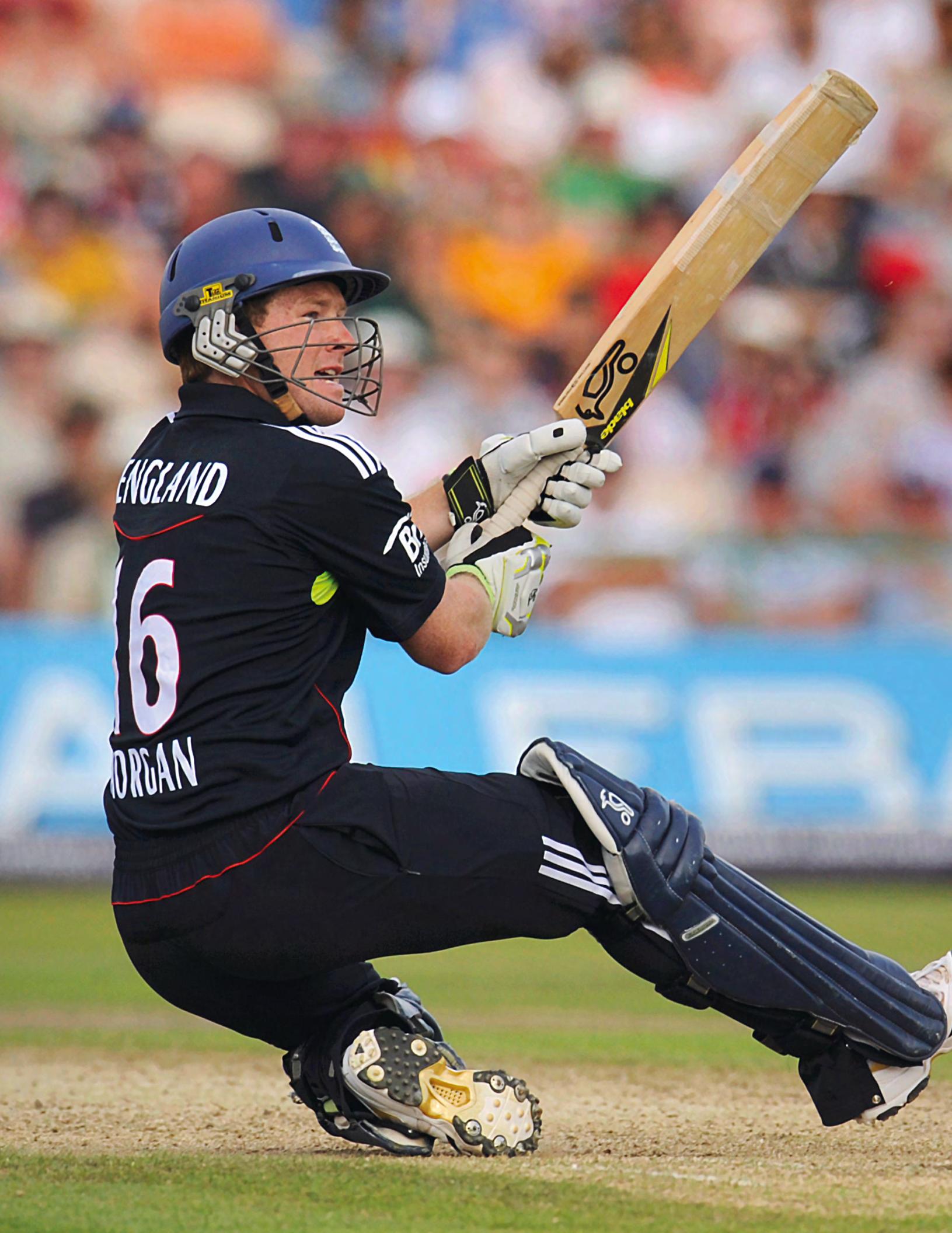
The complete family man, England’s greatest ever white-ball captain found time to talk to BtB when out on a walk near his home with his young son. And by accounts, that’s just how Eoin Morgan likes things. Better Days
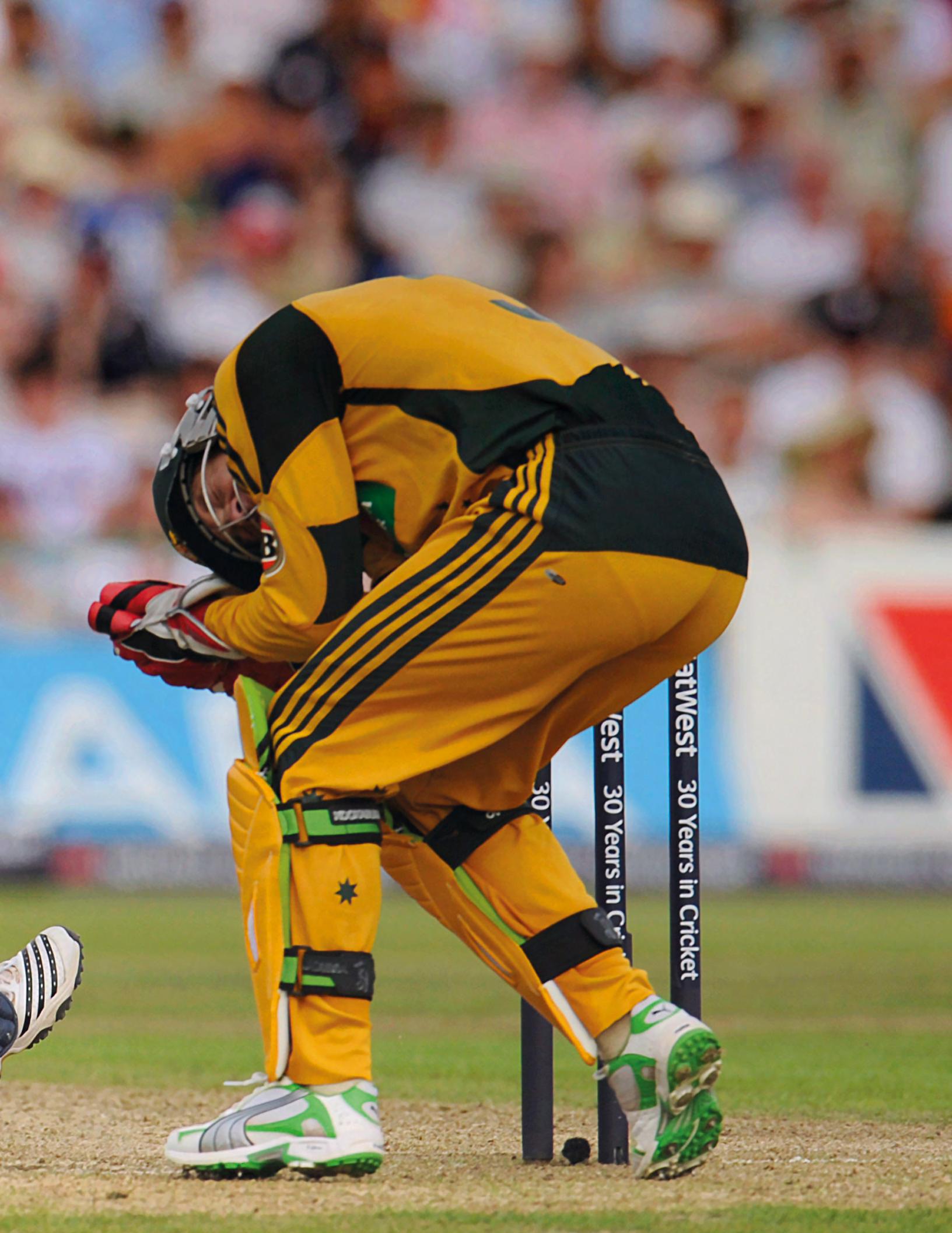
calmly spoken as he is – and he is as relaxed talking on the phone as he presents himself on the cricket field – Eoin Morgan’s impact on the game in this country is something to shout about. And for any number of good reasons.
Firstly, everyone loves a winner. And it was Morgan’s unflappable stewardship of the country’s one-day fortunes – from also-rans to champions – that receives most attention. And that four-year period when things were methodically under reconstruction, anyone would still be happy for their playing career to be measured in the context of that single 50-over final at Lord’s in July 2019. That XI, on that day, constituting England cricket’s ‘team of ’66’ moment. Knighthoods, no doubt, imminent.
On that day and during a match so stupendous that many regard it as the greatest white-ball encounter of all time, the stakes couldn’t have been higher. The opposition, in New Zealand, could not have been more competitive. The venue more perfect. And the day more nerve-wracking throughout. To the point where commentator Ian Smith’s ‘by the barest of margins’ voiceover, sums up sport’s very definition, and not just cricket’s. It holding that almost indefinable stasis between success and failure.
And as an undeniable future hall-of-famer, Morgs – as his peers refer to him, is possibly best known for his flamboyant one-day batting. A player able to seemingly magic strokes from thin air. Him being the very definition of a 360-degree batter.
However, it isn’t the reliance on ‘trick shots’ that make his bat so watchable. It’s, for many, the left-hander’s ability to skip down the pitch to the seam bowlers and hit the ball over fielders’ heads that gets most pulses racing. The successful execution of the stroke requiring a combination of skill, audacity and ‘the genuinely unexpected’ to see stands ringing-like-a-rifle-shot upon the ball’s contact with the Irishman’s bat. He played as if fearless of consequence. And that’s exciting for us all to watch. But it certainly wasn’t the case with England’s one-day team when he started making his mark.
Eoin Morgan acts as a bridge between two eras, welcoming the arrival of head coach Mathew Mott before he stepped down as captain.
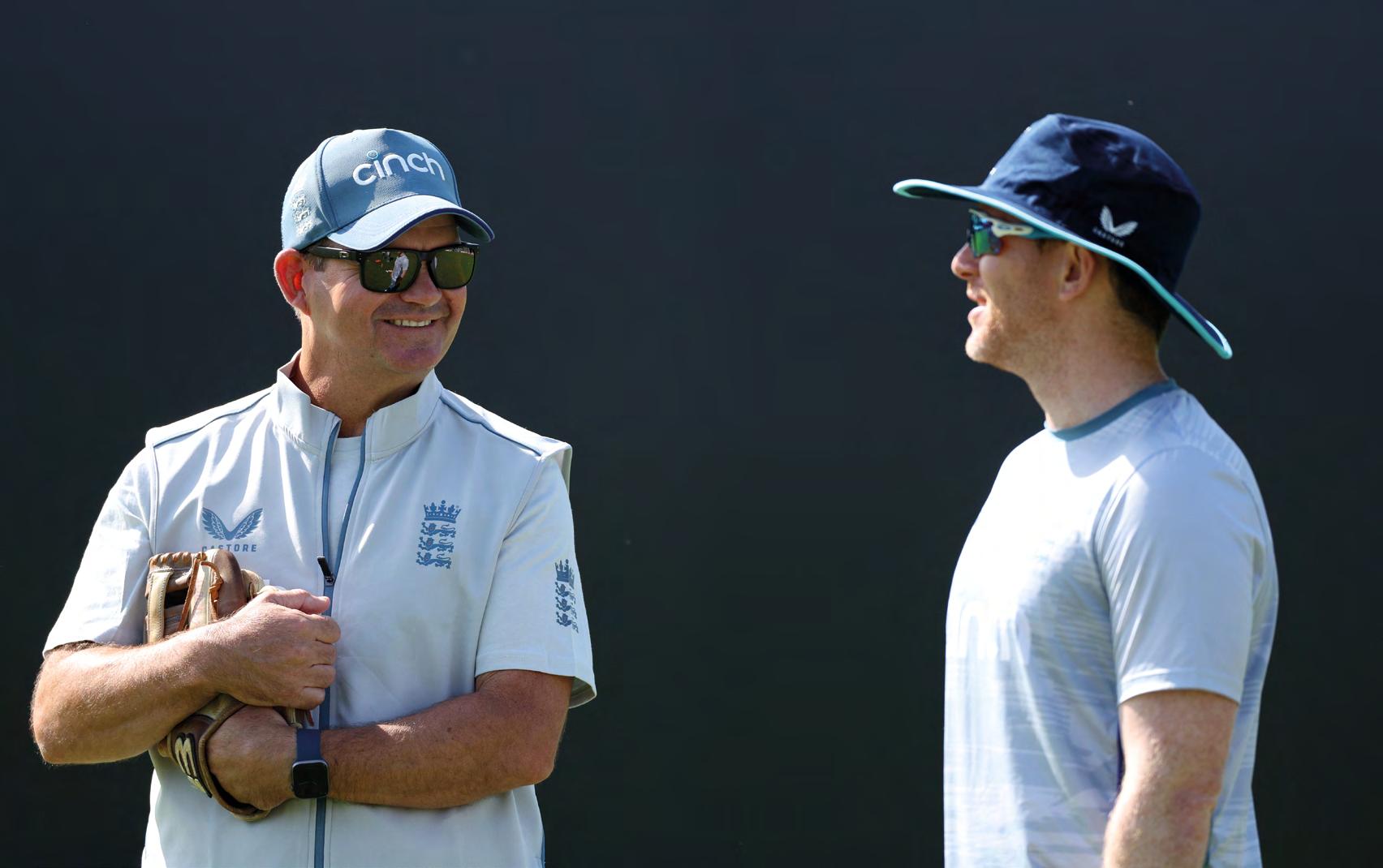
Eoin Morgan celebrates a classy half-century on his home patch for Middlesex during the Vitality Blast.
In 2019 a multi-racial, multi-faith England represented without tokenism or undue fanfare. It being the first time that the national side’s positive team culture was as transparent as the people it represented. This – not the World Cup trophy – is really Eoin Morgan's legacy.
Taking over the ‘wheel’ of the one-day team ahead of the 2015 World Cup, it was Brendon McCullum’s freewheeling Black Caps, not England, that served as inspiration. While the national team under Peter Moores were making themselves ‘hard to beat’ by adding belts, braces and a couple of extra loops of baling twine, the Kiwis were just seemingly giving it a heave. Free from the personal consequence of individual failure. And all doing it with a smile on their faces. This aspiration – creation of an atmosphere of confidence and a policy of ‘no fear’ - that saw England’s handbrake removed.
Although the overall tournament performance in Australia might be described as somewhat underwhelming, what followed was the opposite. In the expectation that he’d be happy to be defined by that single 50-over final at Lord’s in July 2019 against New Zealand, it still isn’t the whole story. By a long chalk.
The aforementioned final crowned by that famous super-over not only summed up the game’s conclusion, but sport – at its very best – generally. The mercury-like stasis between winning and losing. Morgan’s acceptance of such, again a factor in his side winning.
But if Martin Guptill had managed to get back for that improbable second run, Morgan’s role would still be one to celebrate. It being the road travelled bearing scrutiny. On that day – and for many days before - it saw a multi-racial, multi-faith England represented without tokenism or undue fanfare. It being the first time that the national side’s positive team culture was as transparent as the people it represented. This – not the trophy - is really his legacy.
And talking with Morgan it becomes clear that cricket is secondary – and by a margin - to the more important things in life. Them being his family and friends.

So, what brought you to cricket?
My brothers and sisters used to play, dad played, it was sort of what we did together as a family. I remember playing at the park, two doors away from my house, my sisters would beat me, more often than not.
Morgan’s idol, West Indian Brian Lara, arrogantly whips the ball away off his pads to deep-mid-wicket.
1
And who was your idol growing up?
I loved watching the West Indies’ left-hander Brian Lara bat; he was magnificent. My local club had an old concrete strip with an empty beer keg for stumps - we’d spend whole days there; I was always Lara.
What do you regard as your greatest achievement?
It’s the obvious answer I’m afraid - winning the World Cup has to be my proudest moment on a cricket field. We spent so much time building towards it as a team, everyone involved invested huge amounts of time and effort into it. It was a proud moment for all of us when we got over the line.
How does that compare to your England debut?
I made my debut against the West
Indies, at Bristol in 2009 – the whole feeling of having mum, dad, and all my siblings at the game was so special. They’ve been there since day one – I’ve always been a believer that sport is as much about your family as it is about yourself.
You’re often described as a bit of an ‘Ice-man’, are you the same on the inside during matches?
I guess it’s not what everyone wants to read but, what you see is what you get. Surprisingly, I found it easier as captain, I was always
thinking of a solution when in the middle, whether in charge, or not. During games I never really get over-excited in any moment. I always feel pretty calm.
Was there ever a toughest moment for you?
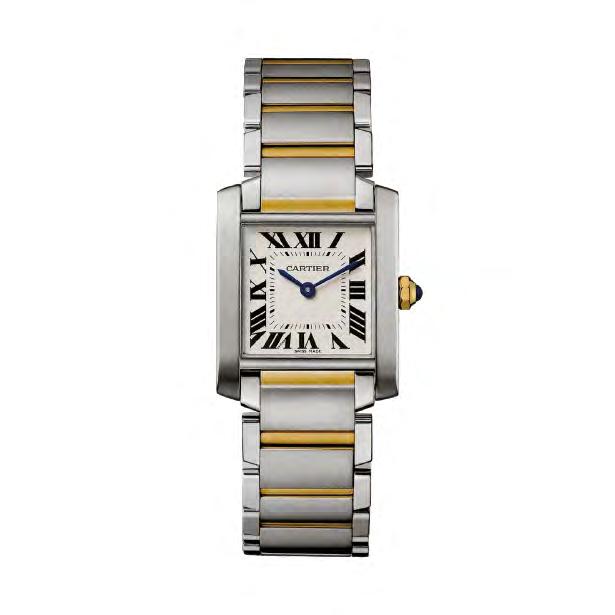
I’m not sure, really. Genuinely, the hardest thing for me has been spending time away from home. When I was younger I had a huge desire to do whatever it took to be successful. I was willing to sacrifice everything to play for England. Being from Ireland, the idea of leaving home to pursue what I wanted to do was the trade-off. It sounds boring – even to say it - but now I’m older I prefer my home comforts. Whether that’s being sat on my own sofa or lying in my own bed, that’s what I missed the most when playing, or of late commentating across the world. My friends

Eoin has always been a pioneer in the way he played – he would go out and show that straight away – third ball he'd be running down trying to smack a guy over his head.
England captain Jos Buttler
and family as well. They’re part of my journey and what I represent.
Eoin Morgan brings a calming presence to the Sky Sports commentary team ahead of England’s first international since his retirement. What is your favourite competition from around the globe?

I don’t think it’s a secret, but I like the shorter formats. My favourite is probably The Hundred - a tournament the country needed, in my opinion. It brings together a really high standard of cricket with playing for my home team, which is absolutely perfect for me. And I get to sleep in my own bed. It’s a win-win.
What is next for Eoin Morgan?
I’m not sure I have much of a long-term plan, but at the minute I love playing golf. I enjoy watching my horse race. I watch a lot of rugby - my home club Saracens - and I’ve been watching the Tennessee Titans in the NFL. So yeah, a lot more sport, and not much else! But mainly it’s spending more time at home with the family. I’ll stay involved with the game in the comms box. But the rest; who knows? Later down the line I might try to get involved in the pro game again as something other than a player. But right now, who can really know?
And the guess is that as a coach, or even as one of the game’s administrators, substance would sit happily alongside style. • Fact Box
NAME: Eoin Joseph Gerard Morgan CBE BORN: September 10, 1986 Dublin, Rep of Ireland ROLE: Batter/Captain
APPEARANCES TEST: 16 ODI: 248 T20I: 115 FIRST-CLASS: 102 LIST A: 379 T20: 367
CAREER RUNS SCORED FIRST-CLASS HUNDREDS: 11 LIST A HUNDREDS: 22 INTERNATIONAL HUNDREDS:16 INTERNATIONAL FIFTIES: 64





ALL MEMBERS OF THE PCA WILL RECEIVE A 10% DISCOUNT ON OUR RANGE OF SWISS WATCHES, AND 15% DISCOUNT ON FINE JEWELLERY AND ELEGANT GIFTS
(EXCLUSIONS APPLY).
To take advantage of this offer please contact Karl Bailey 07795 398 735 karl.bailey@mappinandwebb.com
mappinandwebb.com

cinch PCA Men’s Player of the Year 2022
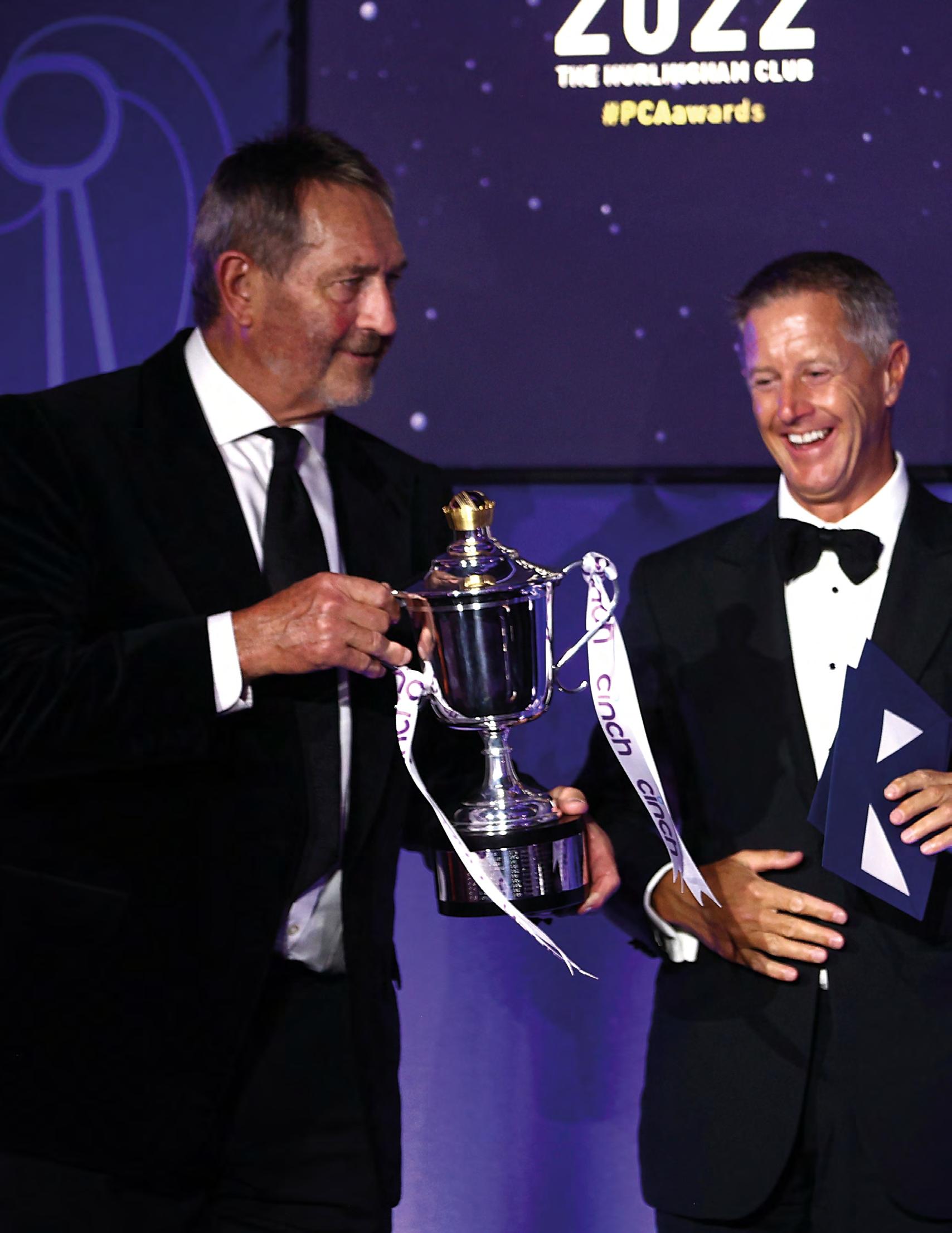
It’s fair to say that Jonny Bairstow has had quite the summer. Broken leg aside, obviously.
And whilst the 33-year-old recovers from, as he states, “doing a proper job of it” when injuring himself on the golf course, the downtime and subsequent rehab will no doubt offer plenty of time to reflect on what amounted to a six-Test summer of near complete dominance. In those matches, played against New Zealand, India and South Africa respectively, the free-scoring right-hander managed to register four hundreds, amass 681 runs, all made at an average of 75.66. But the most startling of what already makes for eye-bending reading, is that those runs, and those centuries, came at a strike rate of 96.59. Amounting to one-day fluency. In whites. Against some of the world’s very-best bowlers. The Yorkshireman’s form proved the catalyst in kickstarting what was characterised as England’s red-ball revival under the captaincy of Ben Stokes and the dressing room stewardship of head coach, Brendon McCullum. Where previously the batting had lacked fluency and purpose, it now packed a real, energetic and leathergloved punch. In terms of some of the summer’s details, the Bradford-born ‘keeper-batter made a scintillating second-innings 136 (92 balls) in the second Test against world champions New Zealand at Trent Bridge. In this instance, England chasing down 299 (for the loss of five wickets) after the tourists had made 553 in the game’s first innings. Described as a ‘blitz’, the innings included seven maximums, with his hundred (77 balls) coming up only one ball fewer than that of Gilbert Jessop’s 76-delivery version, in 1901. That innings, at the Oval, made without a single six. Now with a 2-0 lead over the Black Caps, Bairstow followed up his pyrotechnics in Nottingham with 162 and 71 not out in the final fixture at Leeds. This, another better-than-a-run-a-ball assault, earning England a 3-0 series sweep.
With India now as the opposition for what amounted to the rearranged fifth Test, Bairstow continued to lay waste to all-comers. The roadshow now at Edgbaston, it was to be the contribution of back-to-back hundreds of 106 and 114 (unbeaten) in a seven-wicket win.
In total, Bairstow had played a huge part in his side winning five of the six Tests he played in. With attitude being everything. And prior to that, the 33-year-old’s form hadn’t been too shabby in the early part of the year either, having made 113 against Australia at Sydney, and 140 against West Indies at Antigua. Him being named the pro’s choice as the cinch PCA Men’s Player of the Year was followed in the same week by the cricket writers’ version. What a year, what a summer, what a player.
Speaking on cricket’s gala awards evening, Bairstow was proud of what he’d achieved, but equally effusive about the charge made by team-mate, Harry Brook’s, back-to-back winning of the young player version. “Aye lad, two Yorkshire winners is fantastic,” stated a seated Bairstow. “It means a huge amount winning this award, it’s been a massive summer especially for everyone involved in Test cricket, it’s been one that I don’t think any of us will ever forget. It was good craic, it reinforced how good it is to play cricket for your country, it’s been so thrilling to go out and play in the manner that we have.
“Harry (Brook) is going to be very good. It’s great for him to gain experience playing for England in different conditions. There’s no questions about his ability, and I look forward to seeing him grow as a player.”









